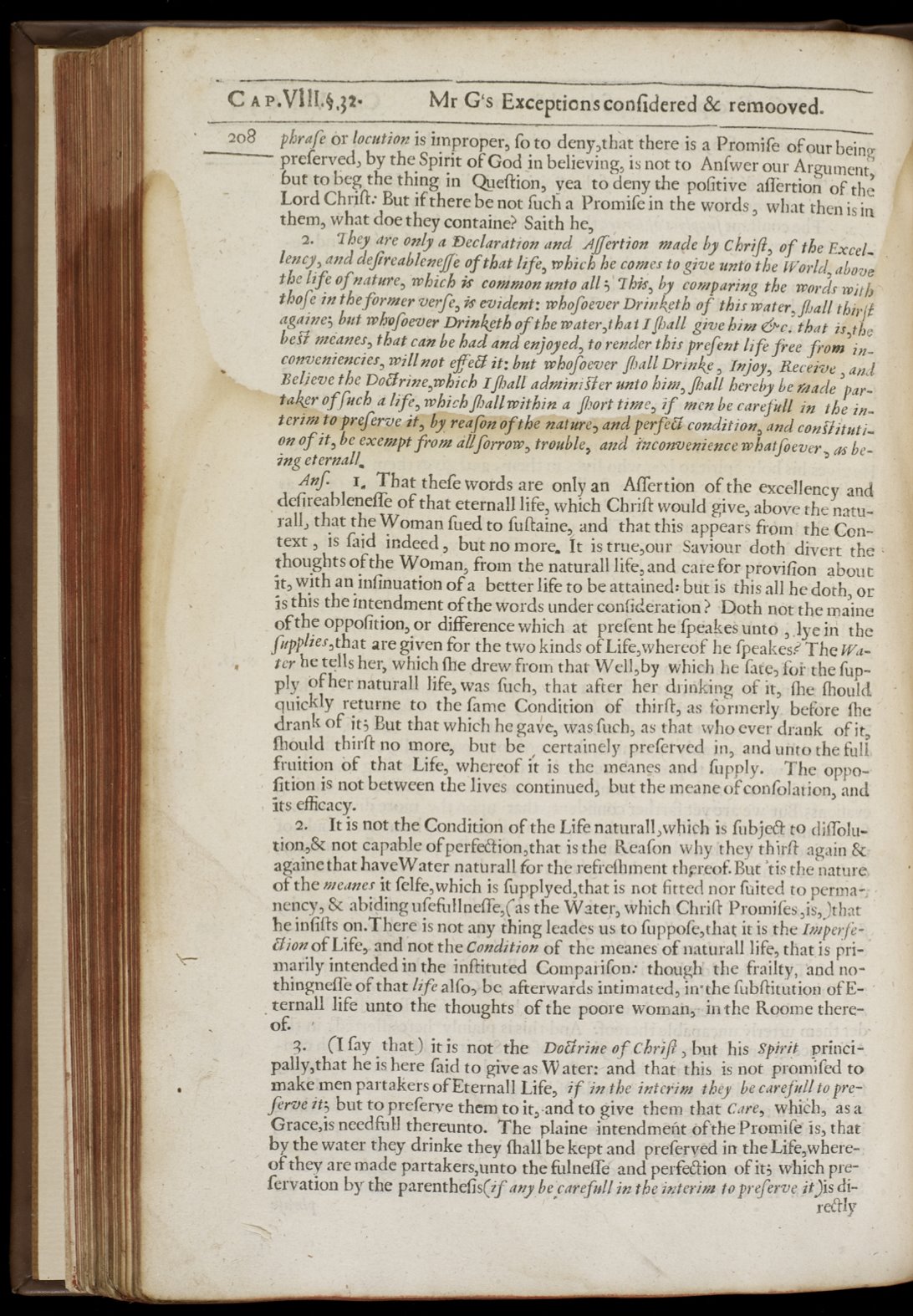

C
A
P.VI









